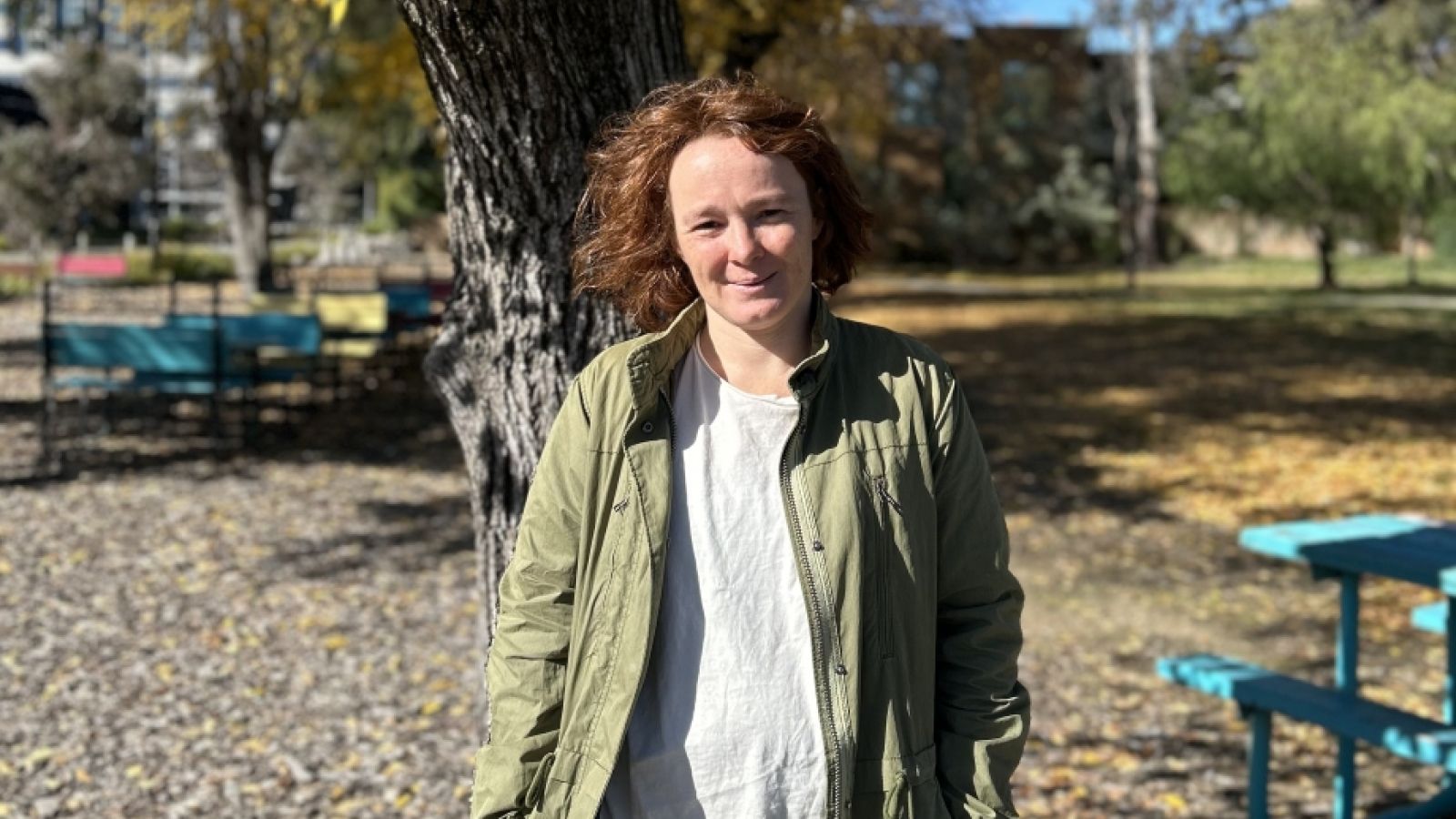Dr Annika Lems brings her expertise and knowledge to classroom

Dr Annika Lems Photo by Neha Attre
In this age of rapid globalisation, the research work of Dr Annika Lems examines the way people experience, negotiate and actively create place attachments.
Dr Lems is a Senior Lecturer in Anthropology at The Australian National University (ANU) and her areas of expertise include displacement, placemaking, belonging, alienation, everyday racism and political anthropology.
In the first semester at ANU this year, Dr Lems taught Crossing Borders: Migration, Identity and Livelihood course to the students. “It was an interactive class and several students were able to reflect on their families’ migration histories,” she said.
Dr Lems has been working in the field of refugees for over a decade, an issue that is close to her heart. “The issue has become more and more important over time. It is one of the important issues that continue to dominate headlines all over the world,” she said.
Prior to her role at ANU, Dr Lems completed her PhD in Anthropology at Swinburne University in Melbourne (2009-13). “My dissertation explored how people created a sense of belonging and placemaking for themselves and the social negotiation processes it involves,” she said.
The research led her to publish her first monograph Being-Here: Placemaking in a World of Movement, Berghahn 2018 which talks about the life of Somali refugees in Melbourne to tease out the social practices they engage in to create a sense of belonging to the place.
Dr Lems closely followed the life of a Somali immigrant in Melbourne who used to be a female member of the Parliament in her country, as part of her research.
“Halima had to flee when the war broke out in Somalia. After arriving in Australia, she tries to create a connection to the place by being extremely active in the Somali community. For example, she runs different training programs for women, especially Somali women, to create a place for herself and her community here. This is her way of creating a connection to the place where she is now living,” Dr Lems said.
In her second book Frontiers of Belonging: The Education of Unaccompanied Refugee Youth published in 2022, Dr Lems accompanies refugee youth from Eritrea and Guinea on their everyday pathways in Swiss educational settings to make visible the racialized socio-political processes whereby certain groups and individuals are made to feel out of place.
After completing her dissertation, Dr Lems worked as a postdoctoral researcher in the final phase of the ARC-funded research project ‘Home Lands’ that was based at Swinburne University and La Trobe University in Melbourne (2013-14).
She later worked as a Postdoctoral Researcher (2015-19) at the Institute of Social Anthropology at the University of Bern. As part of the project, Dr Lems explored the educational pathways of unaccompanied asylum seekers in Switzerland.
“The idea behind the project was to comprehend what educational histories or biographies young people brought with them. The aim was also to understand what role education played in their decision to make their way to Switzerland and how it helped them to be included in society,” Dr Lems said.
“Throughout my time in Bern, I also taught courses on ethnographic methodologies, refugee studies, and anthropological theories.”
Dr Lems was later appointed as the head of the research group at Max Planck Institute for Social Anthropology Halle in Germany. She headed the independent research group 'Alpine Histories of Global Change: Time, Self and the Other in the German-Speaking Alpine Region' from 2019 to 2022.